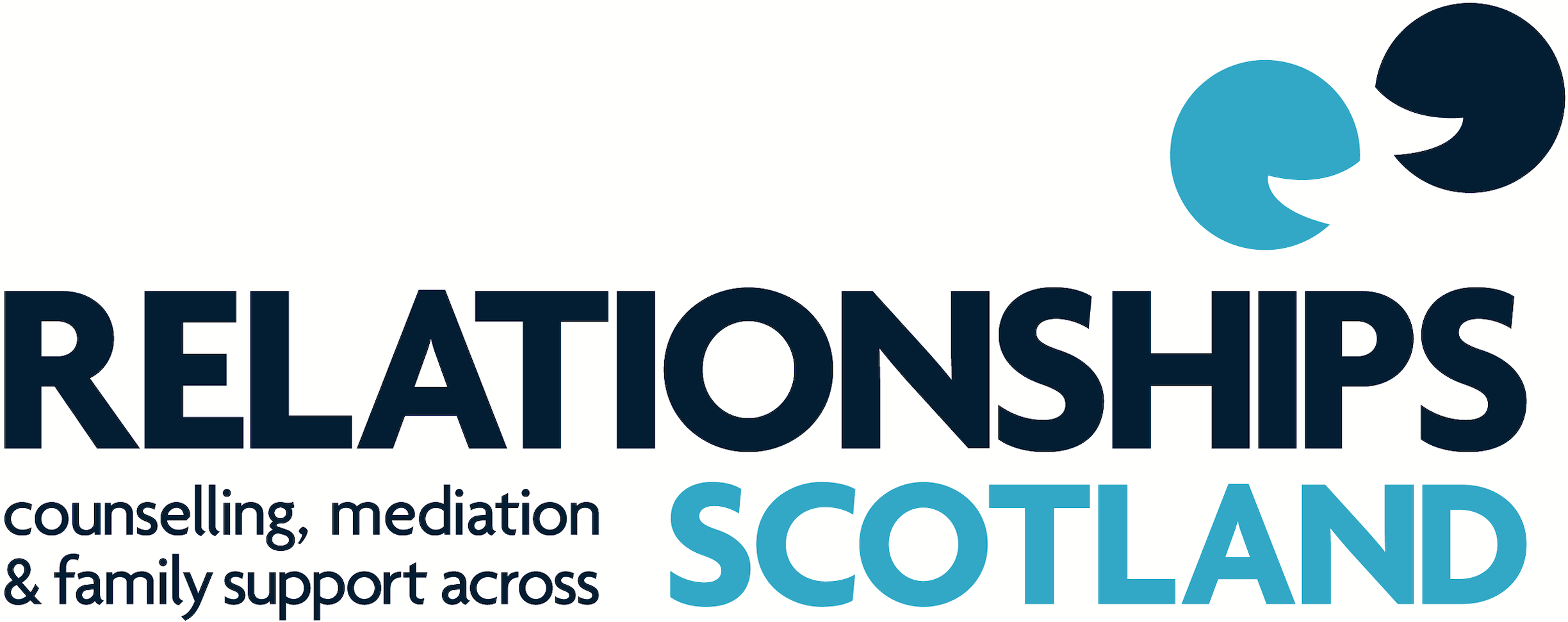
Developing our Cultural Competence
Tony Buon is facilitating a training day for Relationships Scotland family mediators on Friday 20 January, during Family Mediation week, to emphasise the importance of cultural intelligence (CI) in mediation. Family mediators work with parents from many different cultures and they understand different ways of communicating. This CPD event will encourage mediators to develop their cultural competence further. In this blog Tony highlights some of the key points that will be explored.
The single biggest problem in communication is the illusion that it has taken place.
George Bernard Shaw – Playwright (1856-1950)
Introduction
It can be very difficult to communicate if you do not share a common language with someone. However, cross-cultural communication problems can also be about differences in how we see the world, how we process information, and even how we view time (Buon, 2014). Avruch and Black (1993) suggest that when faced with a cultural interaction we do not understand, we tend to interpret the others involved as ‘weird’ or ‘wrong’.
Cultural differences in communication can also cause significant problems. Many problems in families, workplaces and society can be directly attributed to cross-cultural communication breakdowns (Buon, 2015).
The Importance of Cultural Intelligence (CI)
While different writers use the term intelligence differently, it has an accepted meaning in the sciences. Intelligence is usually described in relation to problem-solving ability, spatial manipulation, and language acquisition (Buon, 2015). So, referring to CI as a skill or competence may be more accurate.
Cultural Intelligence (CI) is usually defined as the capability to relate and work effectively across cultures. There are many diverse types of culture. While one of the most prominent types is national culture, we should not limit our understanding of culture just to nationality. Other aspects of culture include occupation, organisation, age, religion, ethnicity, and gender.
CI appears to be made up of at least three things: These are:
- Cultural Knowledge: the ‘what’ and ‘how’ of other cultures
- Cross-Cultural Skills: a broad set of skills such as tolerance of uncertainty and empathy
- Cultural Metacognition: your level of conscious cultural awareness and executive processing during cross-cultural interactions (Chua, et al. 2011).
Improving Cross-Cultural Communication
We can improve cross-cultural communication and minimise possible barriers in several ways. These have been summarised as follows:
- Think beyond national: When communicating across cultures, difficulties can be at national, regional, religious/ethnic, organisational, occupational, and gender-cultural levels.
- Ask questions: Most people enjoy being asked about their lives and their cultures and are happy when you show an interest in their culture.
- Listen: Use the skills of active listening to improve cross-cultural communication.
- Learn: Take the time to learn about cultural differences in communicating
- Avoid Stereotypes: When we stereotype, we hear and see things we expect rather than what is real.
- Honour Silence: Knowing how other cultures view silence is essential. Buon (2014)
Mediators, and others, can actively develop their cultural intelligence by focusing on three things: cultural knowledge, cross-cultural skills, and cultural metacognition.
Tony Buon, https://buon.net/
References
Avruch, K. and Black, P. (1993). Conflict resolution in intercultural settings: problems and prospects. In Sandole and Van der Merwe (Eds), Conflict Resolution Theory and Practice: Integration and application. New York: St. Martin’s Press.
Buon, T. (2014). The Leadership Coach. Hodder & Stoughton: London
Roy Y.J. Chua Michael W. Morris Shira Mor (2011). Collaborating across Cultures: Cultural Metacognition & Affect-Based Trust in Creative Collaboration. Working Paper 11-127. Harvard Business School
 Tony Buon is a workplace psychologist and author and has practised Mediation since 1995. He is a Registered Civil, Commercial and Workplace Mediator with the Civil Mediation Council and Scottish Mediation. Tony has also taught at several major universities, including Robert Gordon University in Aberdeen. He presently lives in Fife and works globally.
Tony Buon is a workplace psychologist and author and has practised Mediation since 1995. He is a Registered Civil, Commercial and Workplace Mediator with the Civil Mediation Council and Scottish Mediation. Tony has also taught at several major universities, including Robert Gordon University in Aberdeen. He presently lives in Fife and works globally.
